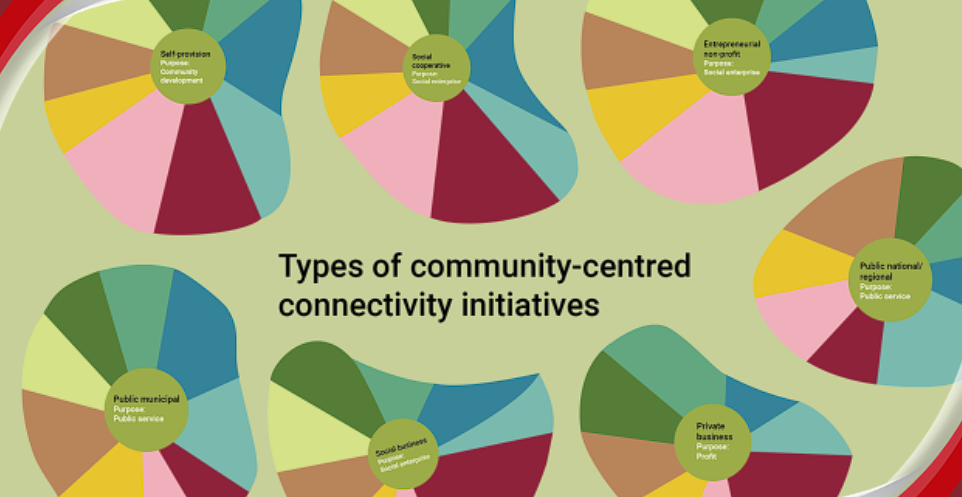Articles
FoodForward SA calls for catalytic funding and collective action to address food insecurity in SA
-
7 months ago
The escalating crisis of household food insecurity affecting an estimated 30 million people demands immediate attention from the South African government. In response to this pressing issue, experts and stakeholders are urging the urgent formation of the long-awaited Food and Nutrition Security Council and the provision of catalytic funding to drive sustainable solutions.
With over 28 million people in South Africa relying on social grants, there is a glaring disparity between the assistance provided and the actual needs of the population. The cost of living, coupled with soaring food prices, exacerbates the situation, pushing more than 55% of the population below the poverty line.
"The current situation demands urgent action from the government to address the growing crisis of household food insecurity," says Andy Du Plessis, managing director of FoodForward SA, the largest food-distribution organisation in the country. "The formation of the Food and Nutrition Security Council is a crucial step towards developing a coherent and integrated strategy to tackle this pressing issue."
The consequences of this crisis are dire, with 27% of children under the age of 5 experiencing stunted growth due to inadequate nutrition. Millions of school children are also going to bed hungry, highlighting the urgent need for comprehensive intervention.
While efforts to address poverty, inequality, and unemployment are complex, the formation of the Food and Nutrition Security Council is a critical step towards mitigating the crisis. The Council, envisioned as part of the 2013 Draft Policy on Food and Nutrition Security, aims to streamline, and integrate various initiatives aimed at addressing food insecurity.
Despite the approval of the National Policy on Food and Nutrition Security Plan in 2017, progress has been slow and inadequate. A recent evaluation report highlighted significant shortcomings, including a lack of key indicators for progress tracking, poor institutional collaboration, and the absence of a monitoring and evaluation system.
As household food insecurity reaches crisis levels, there is an urgent need for action. The Department of Agriculture, Land Reform and Rural Development (DALRRD) has been tasked with developing a new Food and Nutrition Security Plan for 2023–2029. However, stakeholders emphasise the importance of heeding the recommendations of the evaluation report and swiftly forming the Food and Nutrition Security Council.
Andy Du Plessis, managing director of FoodForward SA, underscores the importance of an inclusive and coherent plan that addresses the needs of those most at risk. "The formation of the Council and the development of a comprehensive plan are essential steps towards alleviating the crisis of household food insecurity in South Africa," he adds.
Related Articles Posts
Categories
Popular Post
-
 SA’s IT spend to outpace GDP growth 1 year ago
SA’s IT spend to outpace GDP growth 1 year ago -
 Vodacom, Netstar launch free in-taxi Wi-... 1 year ago
Vodacom, Netstar launch free in-taxi Wi-... 1 year ago -
 South Africa under pressure to fill cybe... 1 year ago
South Africa under pressure to fill cybe... 1 year ago -
 Organisations with a strong employee val... 1 year ago
Organisations with a strong employee val... 1 year ago -
 Joint policy-in-action event highlights... 1 year ago
Joint policy-in-action event highlights... 1 year ago -
 Boost your digital transformation journe... 1 year ago
Boost your digital transformation journe... 1 year ago








